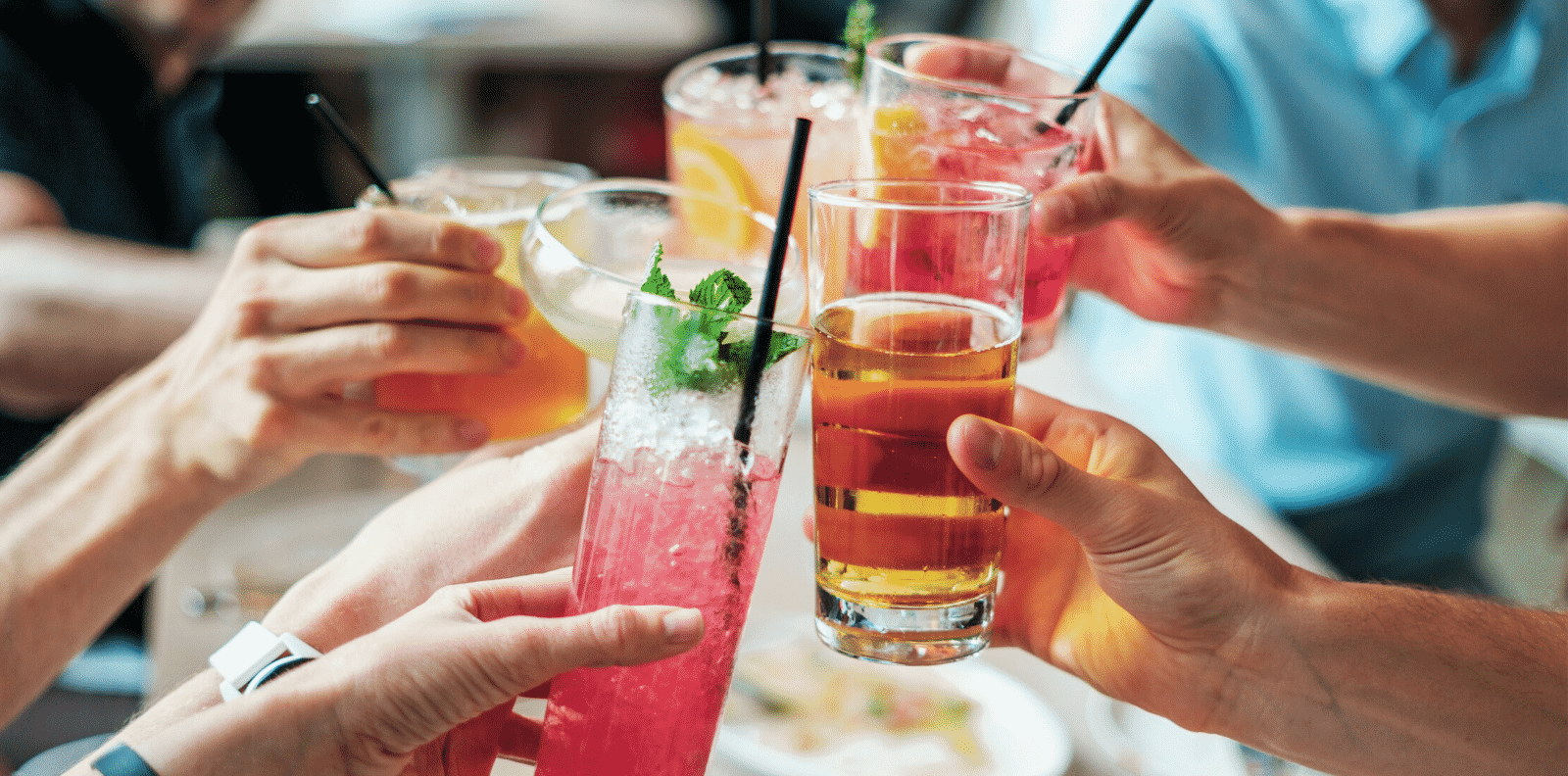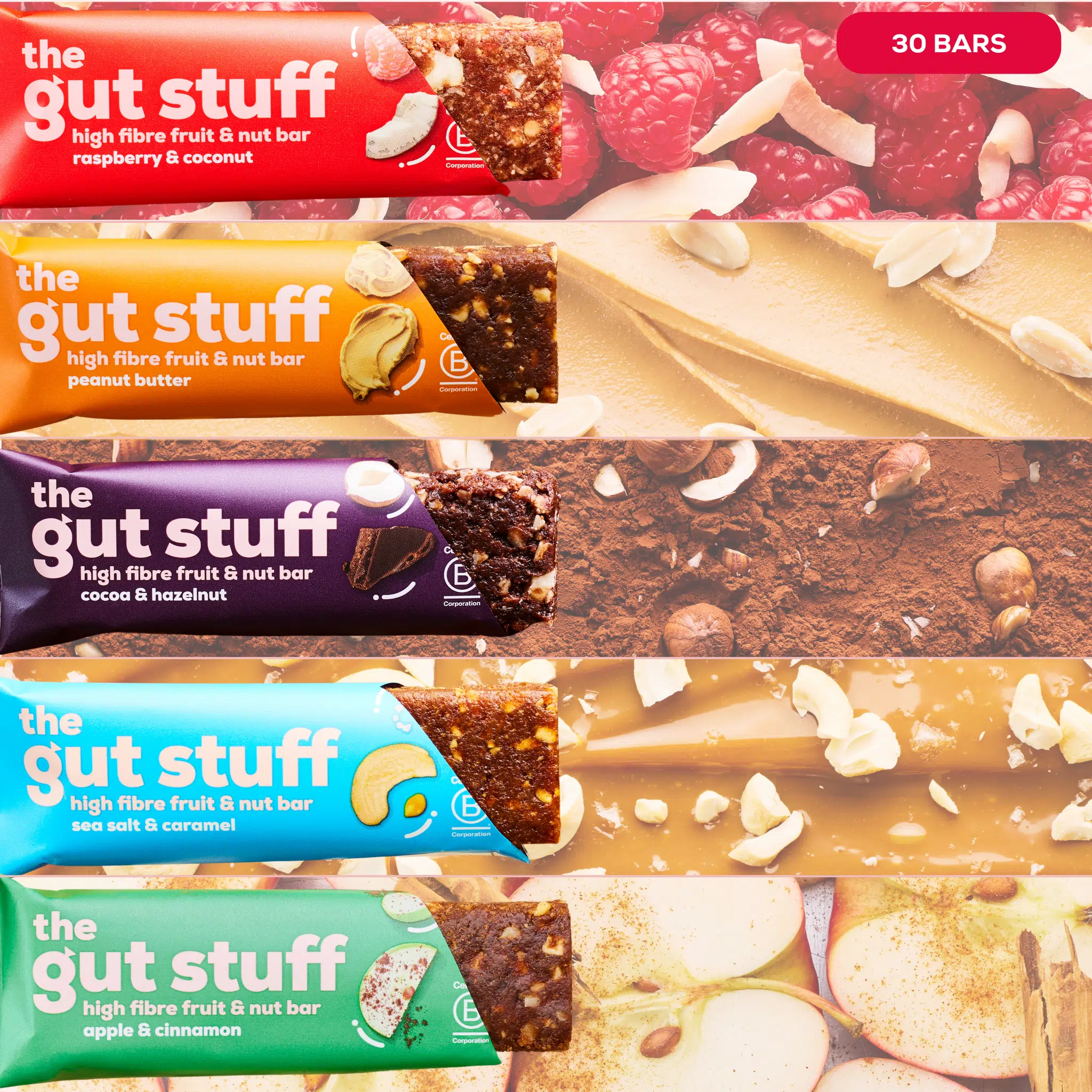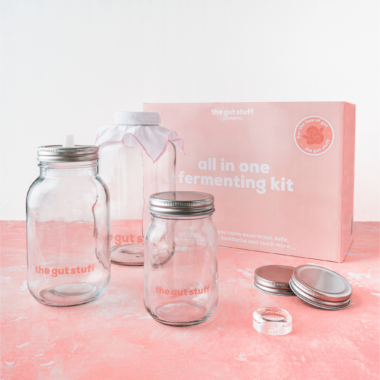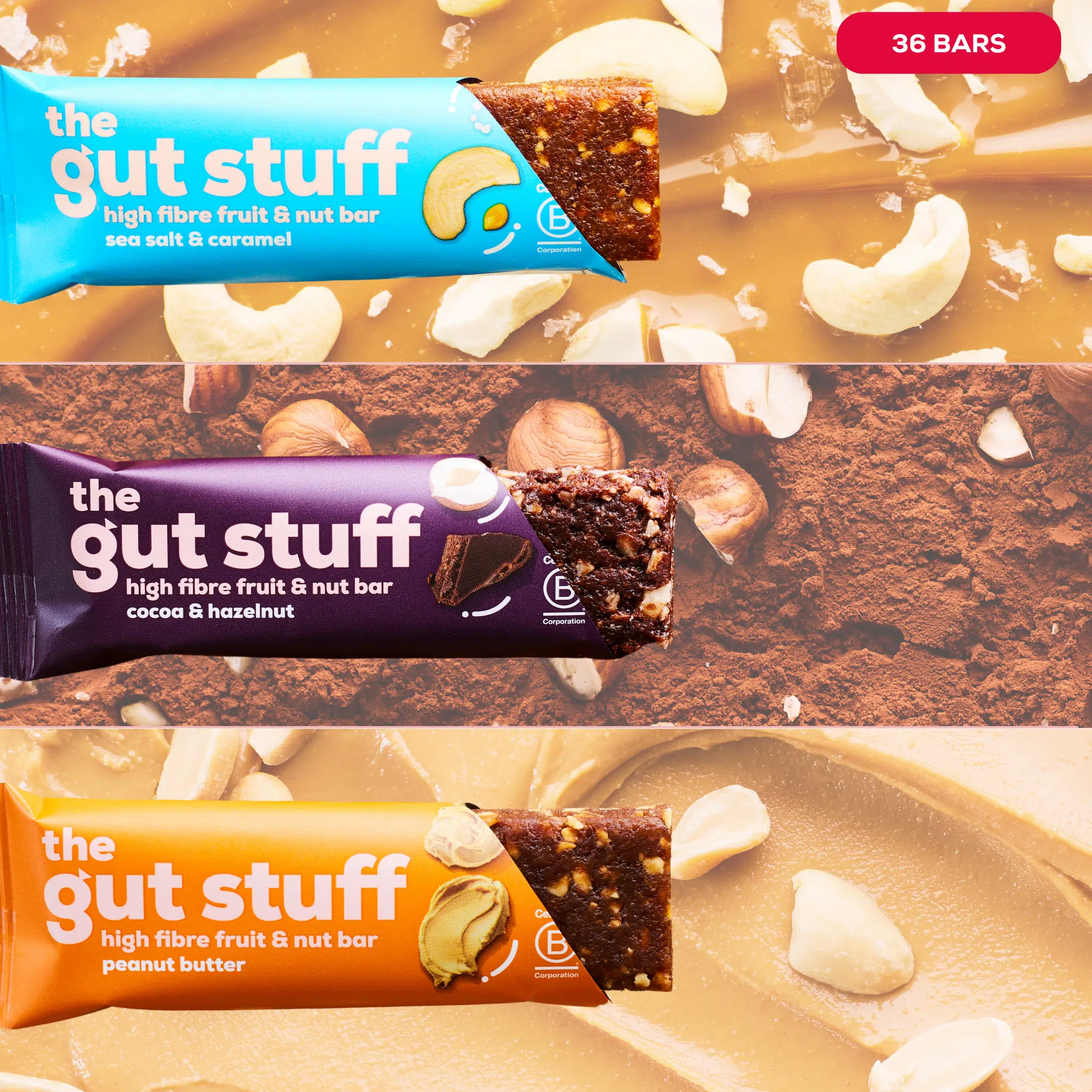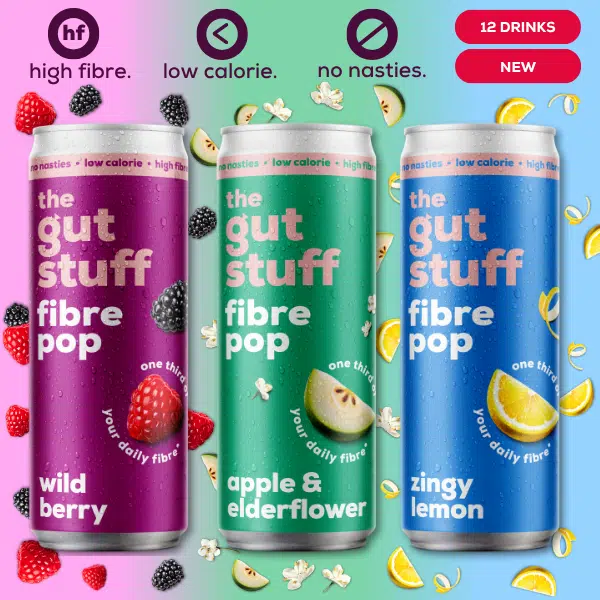- Did you know that the bacteria in your gut help you metabolise alcohol?
- This is one of the many reasons why we all tolerate alcohol in different ways.
- If you have less of this helpful bacteria, it will affect how well your body can detoxify alcohol [1]
- In excess, alcohol can inhibit the production of digestive enzymes and juices, meaning it becomes more difficult for your body to breakdown, digest, and absorb nutrients from your food [2].
- Partially digested food can cause excessive fermentation in your gut (hello bloating, gas and loose stools).
- Excessive alcohol consumption can cause inflammation in your gut, which can result in the wall of your gut lining becoming more ‘permeable’ [2].
- This means that whole food particles may cross the gut lining and enter your bloodstream, which you don’t want!
- This can set off a cascade of immune responses and you could find yourself unable to tolerate foods you once could without symptoms.
- Chronic alcohol consumption may result in bacterial overgrowth and dysbiosis and the overall composition of the gut microbiome [2, 3].
- There is some research in rodents that might support the use of probiotics to reduce the effect of alcohol-induced changes to the gut bacteria [4].
- Excessive alcohol can increase your desire to consume processed foods (we’ve all been there chowing down on a late-night snack when maybe we aren’t actually hungry).
- Increased consumption of highly processed foods can wreak havoc on your gut microbiome.
- Obviously, once in a while isn’t going to do you harm but be mindful about how alcohol affects your consumption of other foods.
It isn’t all bad news, red wine contains powerful polyphenols, which your gut bugs love. A systematic found that polyphenols found in red wine had a positive effect on the microbiome [5]. However, too much will outweigh the benefits of those gut-loving polyphenols.
